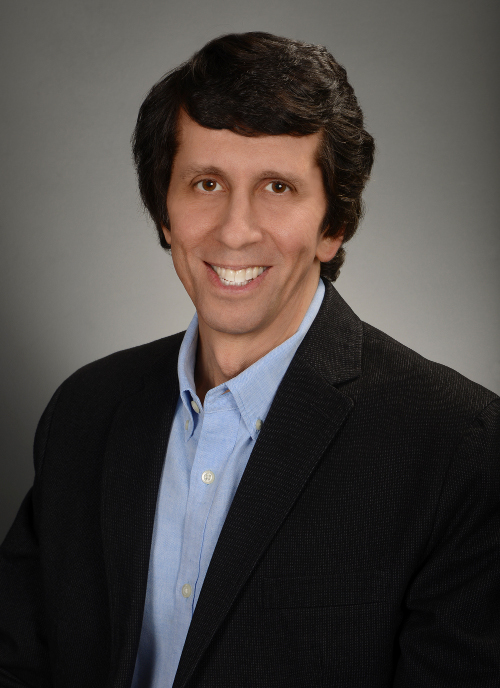Research WARNING: Chemotherapy causes mitochondrial dysfunction
(NaturalHealth365) There are 268,670 new breast cancer cases expected in the U.S. – this year alone! But, what’s most disturbing is how the vast majority of these cases get treated with risky surgical procedures and highly-toxic ‘therapies’ like, chemotherapy.
The truth is: most mainstream media outlets refuse to report on the dangers of conventional cancer care. For example, most cancer patients would be shocked to hear that chemotherapy can increase the risk of heart failure and, in many cases, trigger the production of secondary cancers.
One of the main problems stem from how these poisonous medications destroy the health of our mitochondria. To be clear, without healthy mitochondrial function (within our cells), we don’t produce adequate energy for life. In other words, this is a serious issue!
No doubt, in the minds of many, chemotherapy is nothing more than a cash cow for the pharmaceutical industry – producing terrible outcomes for its customers. But, there is a better way – as you’ll soon see.
WARNING: Chemotherapy patients experience horrible outcomes from conventional care, according to scientific research
Research recently published in the American Journal of Physiology reveals how patients undergoing cancer treatment suffer mitochondrial dysfunction. This clearly explains why chemotherapy patients complain of weakness and fatigue (often) due to the toxicity which occurs after being injected with these toxic chemicals.
Keep in mind, medical doctors can not dispute this point: even if chemotherapy drugs do kill cancer cells – they will also destroy the function of healthy cells.
The study performed by University of Vermont researchers involved comparison of muscle fibers in women that had their cancerous tumors surgically removed followed by chemotherapy sessions. Unlike the healthy control group, the women not only had fewer mitochondria, but additionally had a lesser muscle fiber cross sectional area due to muscle loss.
What’s more, the researchers introduced the drugs paclitaxel and doxorubicin – common chemotherapy drugs used in the treatment of breast cancer – into the muscle cells of mice. The result? This lead to atrophy, elevated oxidative stress, and reduced mitochondrial numbers.
At least the researchers were honest enough to admit that interventions to combat these (negative) muscle effects will go a long way toward improving the quality of life in cancer patients. But, personally, I don’t think these researchers will ever find a better way to care for cancer patients – because they’re so heavily influenced by the controlling arm of big pharma.
A better way is known: Science proves that eating seaweed can outperform the drug, Tamoxifen
This is a perfect example of how good nutrition can help to protect our health.
As you may know, eating seaweed (sea vegetables) offer many valuable health advantages like, protection from radiation exposure and a lower risk of oxidative stress. Well, you’ll also be happy to learn how a certain seaweed has a higher efficiency than Tamoxifen, a common drug used in the so-called ‘prevention’ of breast cancer.
Laboratory mice were divided into three groups after being injected with breast cancer cells by researchers at the University Putra Malaysia. While the first group wasn’t under any treatment, the second and third group underwent Tamoxifen treatment and were given a seaweed extract commonly known as guso (Eucheuma cottonii L.) respectively.
The seaweed groups experienced a jaw dropping 91 percent reduction in tumor size after four weeks whereas Tamoxifen was left far behind in terms of results. (You can download the full study here.)
The decision is entirely up to you and a deeply personal one. Do you choose conventional medicine (and its narrow focus of drugs and surgery) or do you embrace a more integrative approach – which appreciates the healing power of nutrition.
I hope this article got you a bit more curious about incorporating seaweed into your diet. Some of my favorites include: dulse and kelp from Iceland.
Of course, remember: quality matters when choosing any food to eat. Know your source.
 About the author: Jonathan Landsman is the host of NaturalHealth365.com, the NaturalHealth365 Talk Hour – a free, weekly health show and the NaturalHealth365 INNER CIRCLE – a monthly subscription to the brightest minds in natural health and healing.
About the author: Jonathan Landsman is the host of NaturalHealth365.com, the NaturalHealth365 Talk Hour – a free, weekly health show and the NaturalHealth365 INNER CIRCLE – a monthly subscription to the brightest minds in natural health and healing.
Reaching hundreds of thousands of people, worldwide, as a personal health consultant, writer and radio talk show host – Jonathan has been educating the public on the health benefits of an organic (non-GMO) diet along with high-quality supplementation and healthy lifestyle habits including exercise and meditation.
Sources for this article include:










